Difference between dry and sensitive skin
Causes of extremely dry skin
How to care for very dry, sensitive or flaky facial skin
How to cleanse very dry, sensitive facial skin
The skin's protective barrier
To strengthen the skin barrier, you should
Conclusion: Gentle care for sensitive skin
Sensitive skin is a widespread skin problem affecting more and more people – whether due to environmental influences, hormonal changes, or a genetic predisposition. It reacts quickly to external stimuli, can easily become inflamed, redden, or feel dry and stressed. This can lead to noticeable irritation, especially on the face, where the skin is thinner and more sensitive. But what exactly is sensitive skin? How does it differ from dry skin, and which skincare routine helps you optimally support your skin?
Difference between dry and sensitive skin
Although dry and sensitive skin can have similar symptoms such as tightness, redness and irritation, there are fundamental differences:
Dry skin occurs when the skin lacks moisture. It feels rough, prone to flaking, and is often less elastic. Dry skin lacks lipids (fats), which normally serve as a protective layer and prevent drying out.
Sensitive skin, on the other hand, reacts more sensitively to external stimuli, such as weather, humidity, cosmetic products, or stress. It is not necessarily dry; it can also be oily or normal. In sensitive skin, the skin barrier is often compromised, making the skin more susceptible to irritation and inflammation. Sensitive skin can react to skin care products, climate changes, or even certain ingredients in cosmetics.
In many cases, there's overlap, as sensitive skin is often also dry. So, if your skin regularly becomes red, itchy, or tight, it could be caused by both dryness and a compromised protective barrier.
Causes of extremely dry skin
Very dry skin is often due to a combination of factors. Here are some common causes:
Environmental influences: Cold air in winter, strong sunlight in summer, or air-conditioned rooms can dry out the skin. Frequent washing with hot water also contributes to dehydration.
Use of harsh skincare products: Cleansers with high alcohol content, perfumes, or soaps can dry out the skin and damage its protective barrier. Products containing foaming surfactants (like those found in many shower gels and shampoos) can also damage the skin's lipid film.
Hormonal changes: During periods of hormonal changes, such as during pregnancy, menopause or when taking medication, the skin can become particularly dry and sensitive.
Aging process: As we age, the skin's ability to retain moisture decreases. The skin becomes thinner and increasingly loses elasticity and moisture.
Genetic predisposition: Some people have naturally dry skin because their skin produces less sebum and its ability to retain moisture is limited.
Health problems: Conditions such as neurodermatitis, psoriasis or eczema can cause extremely dry skin and increase itching.
How to care for very dry, sensitive or flaky facial skin
If you suffer from very dry and sensitive skin, a customized skincare routine is crucial to soothe the skin and strengthen its natural barrier. Proper care helps relieve dryness, prevent irritation, and stabilize the skin's appearance.
- Gentle cleansing : Use mild, soap-free cleansers that won't further dry out your skin. Cleansing oils or creams are ideal, as they gently remove dirt and makeup without damaging the skin's lipid layer. Avoid cleansing gels that foam heavily, as these often contain alcohol and synthetic surfactants that dry out the skin.
- Moisturizer : Use hydrating ingredients like hyaluronic acid, glycerin, or aloe vera to deeply hydrate the skin and minimize moisture loss. A rich cream with ceramides or shea butter can help repair the skin barrier and prevent dryness.
- Soothing skin: If your skin is sensitive, choose products containing chamomile, calendula, or calendula, which have anti-inflammatory properties and soothe skin irritations. Zinc and allantoin are also good for calming the skin and reducing redness.
- Avoid irritating ingredients: Make sure your products are free of alcohol, fragrances, and strong acids (like fruit acids), as these can further irritate the skin.
- Sun protection : Because sensitive skin has a weakened skin barrier, it is particularly sensitive to UV radiation. Use a mineral sunscreen (SPF 30 or higher) containing zinc oxide or titanium dioxide daily.
How to cleanse very dry, sensitive facial skin
For very dry and sensitive skin, cleansing is especially important to prevent further deterioration of the skin's condition. Here are some tips:
- Use lukewarm water: Hot water can further dry out your skin, so cleanse your face with lukewarm water.
- Gentle cleansing products: Choose creamy, pH-neutral cleansers or non-foaming cleansing oils. These gently cleanse without damaging the skin barrier.
- Avoid frequent washing: Excessive washing can strip the skin's natural oils. Wash your face morning and night, but no more than that.
- Pat your skin dry: After cleansing, do not rub your face, but gently pat it dry with a soft towel to avoid further irritating your skin.
The skin's protective barrier
The skin barrier is the skin's natural defense mechanism against external influences such as bacteria, pollutants, UV radiation, and moisture loss. It consists of a layer of lipids (fats) and horny cells that together form a kind of "shield" that protects the skin.
A weakened skin barrier is a common problem in sensitive and dry skin. It can be damaged by improper skincare, environmental influences, or skin conditions such as atopic dermatitis and psoriasis. A compromised barrier function leads to increased moisture loss, increased susceptibility to infections, and a faster reaction to irritants.
To strengthen the skin barrier, you should
- Use products containing ceramides, fatty acids and cholesterol to repair the lipid barrier.
- Avoid overly aggressive peelings and cleansers that could further damage the barrier.
- Support the skin with moisturizing and soothing ingredients to regenerate the skin barrier in the long term.
Conclusion: Gentle care for sensitive skin
Dry and sensitive skin requires special attention and gentle, restorative care. Make sure to treat your skin with mild, moisturizing, and soothing products that support its natural protective barrier. Avoid harsh ingredients and focus on a consistent skincare routine that not only protects your skin from external influences but also strengthens it from within.



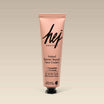

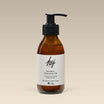

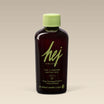
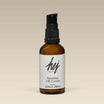
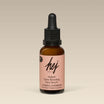
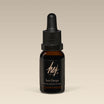

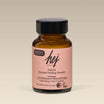
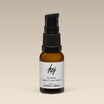
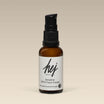
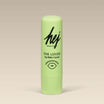


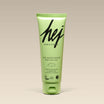
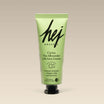
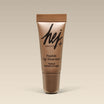
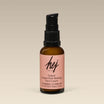
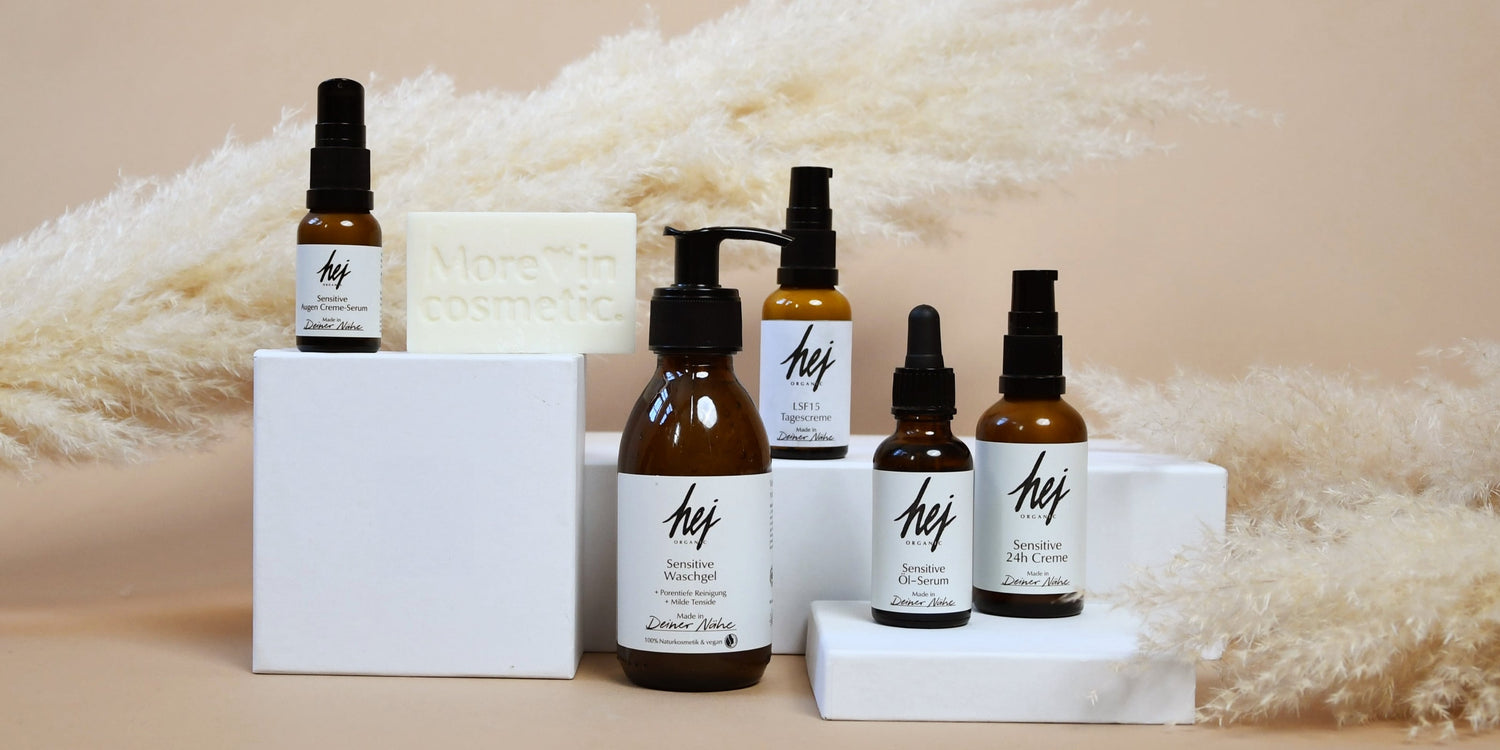
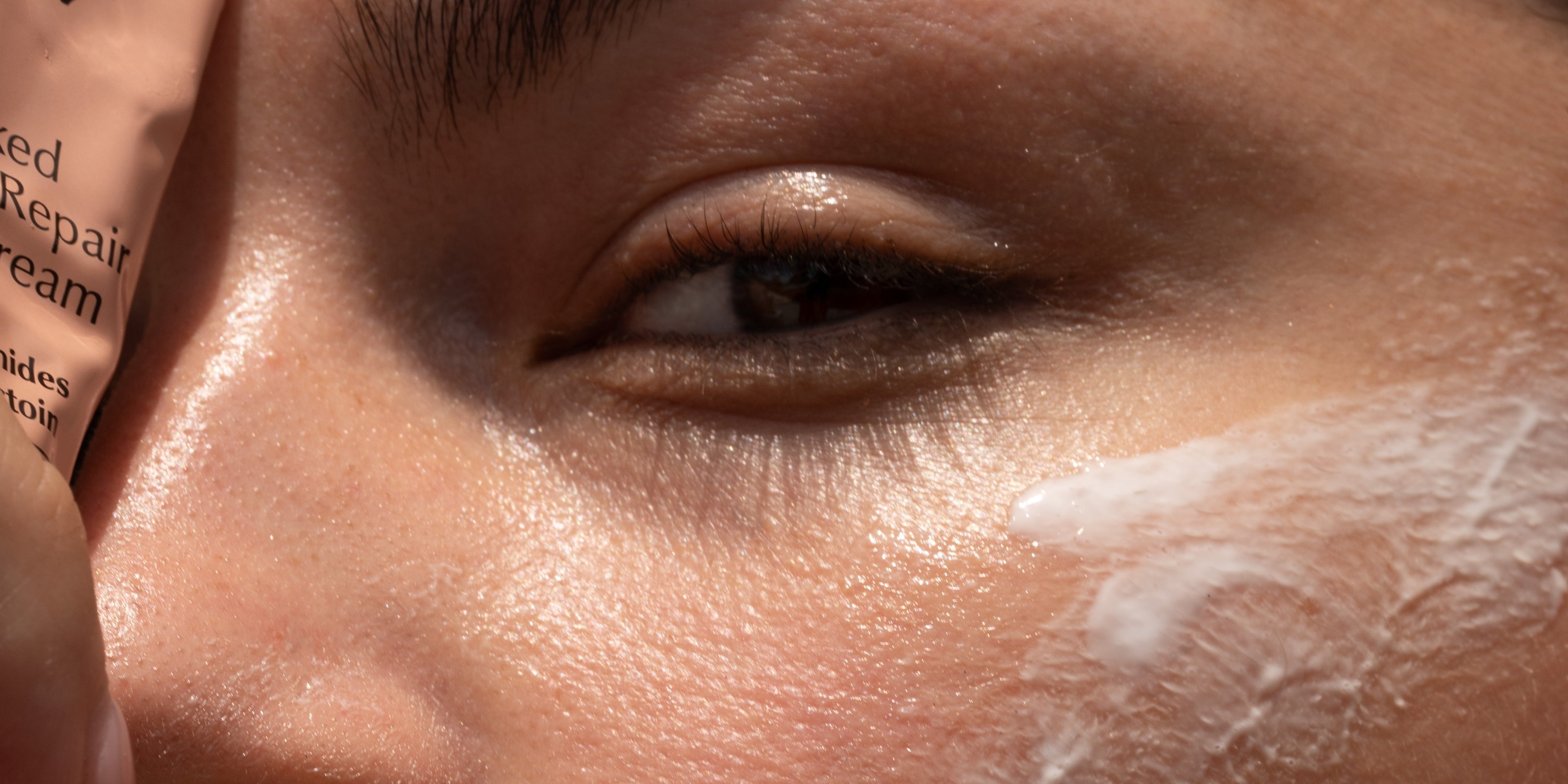
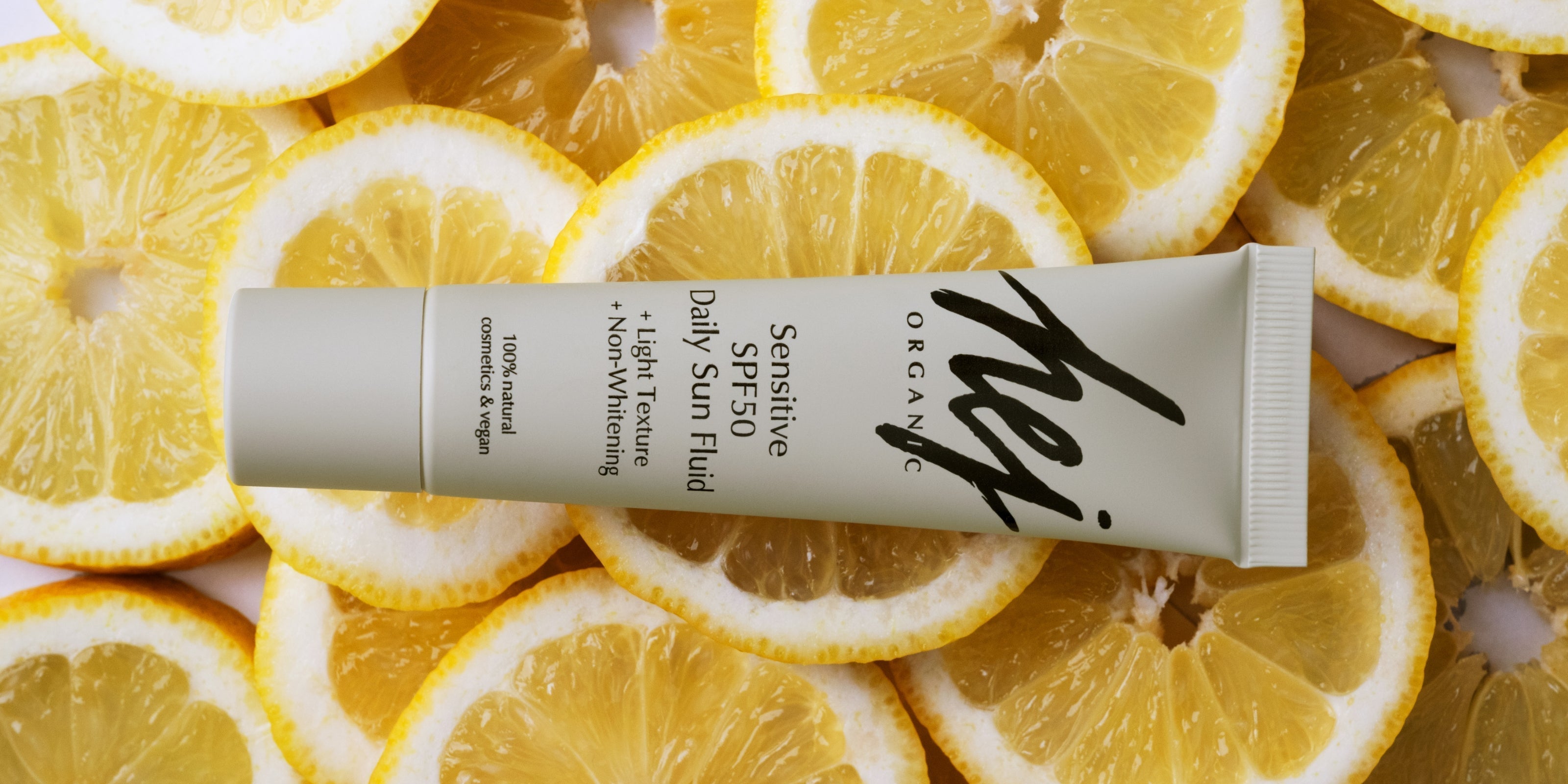
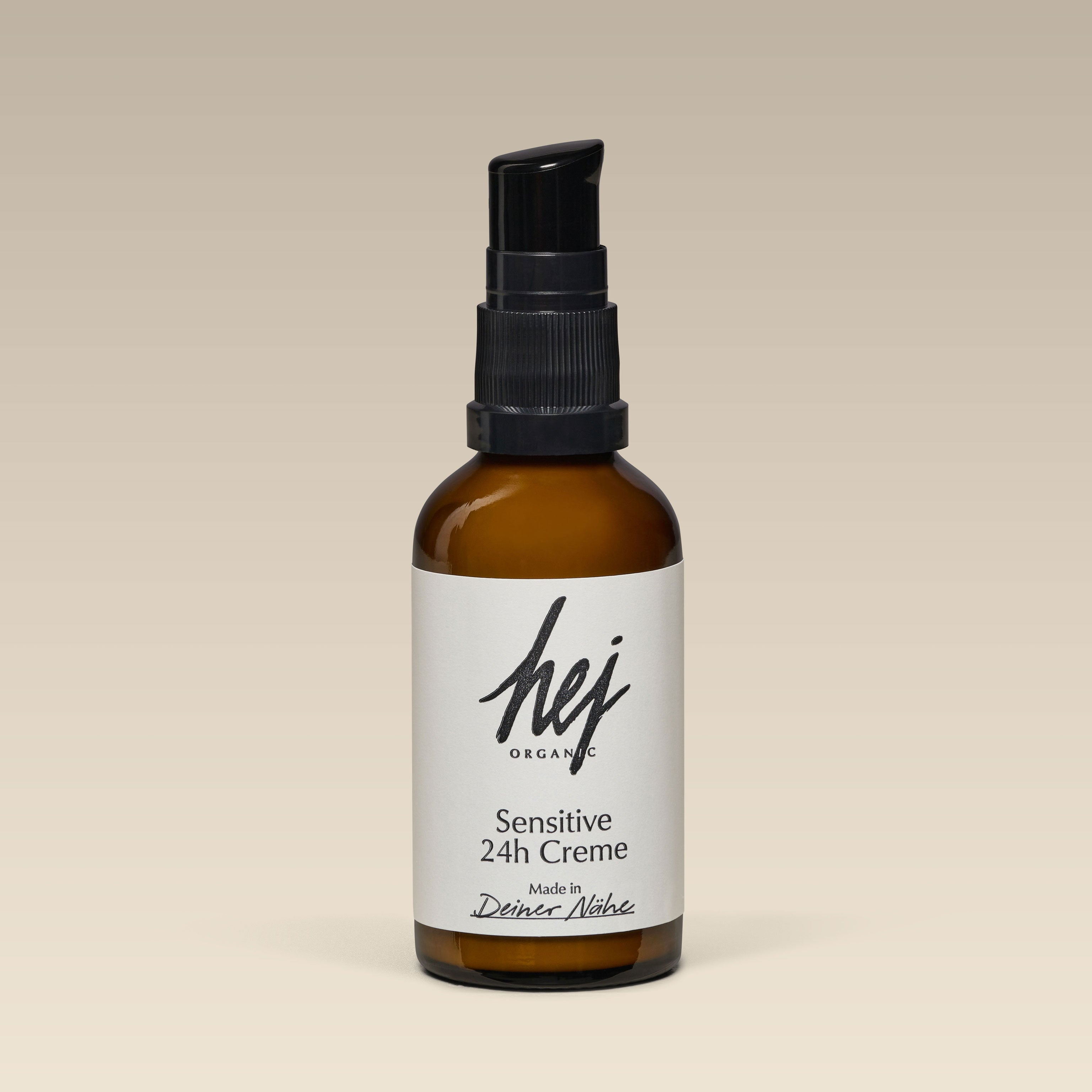
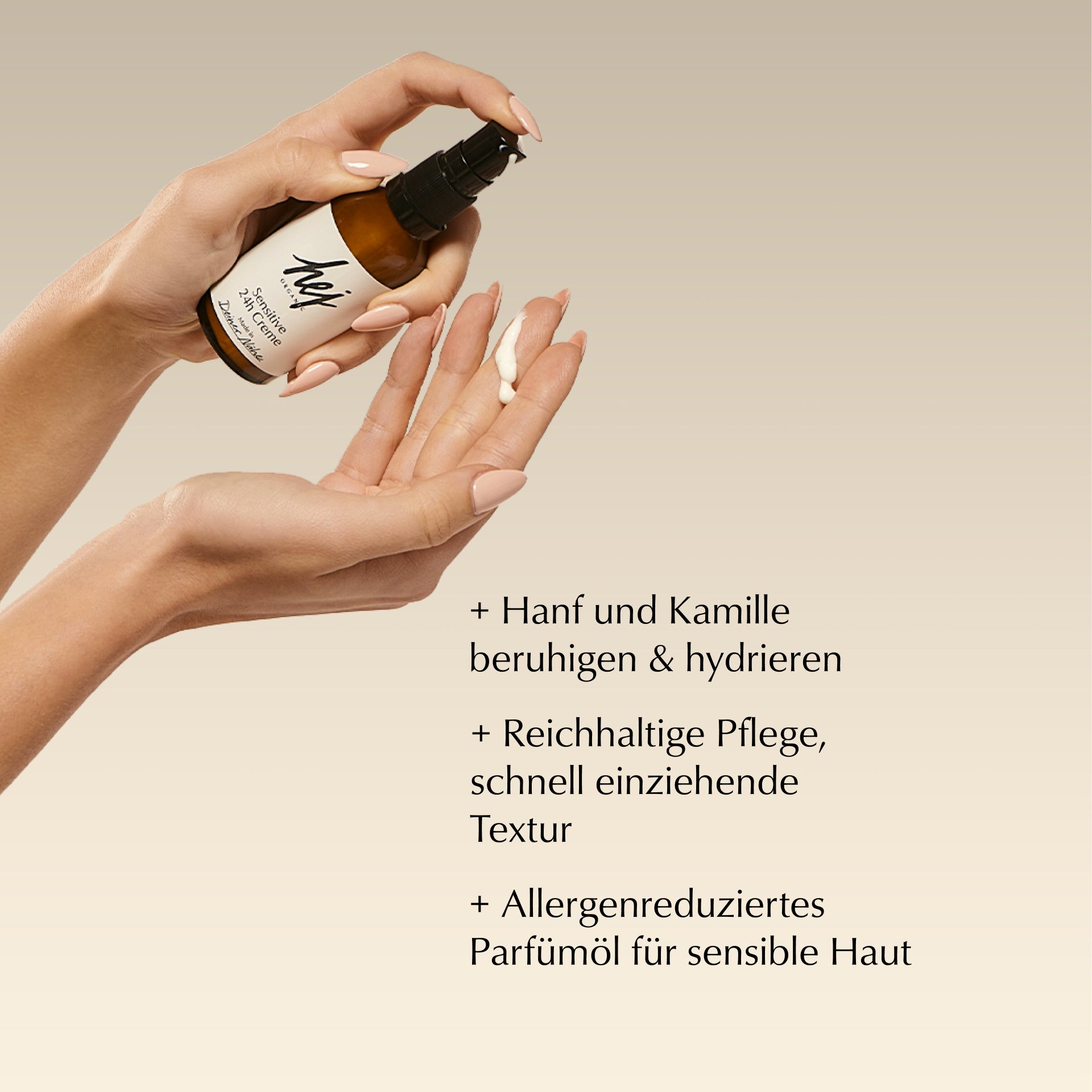
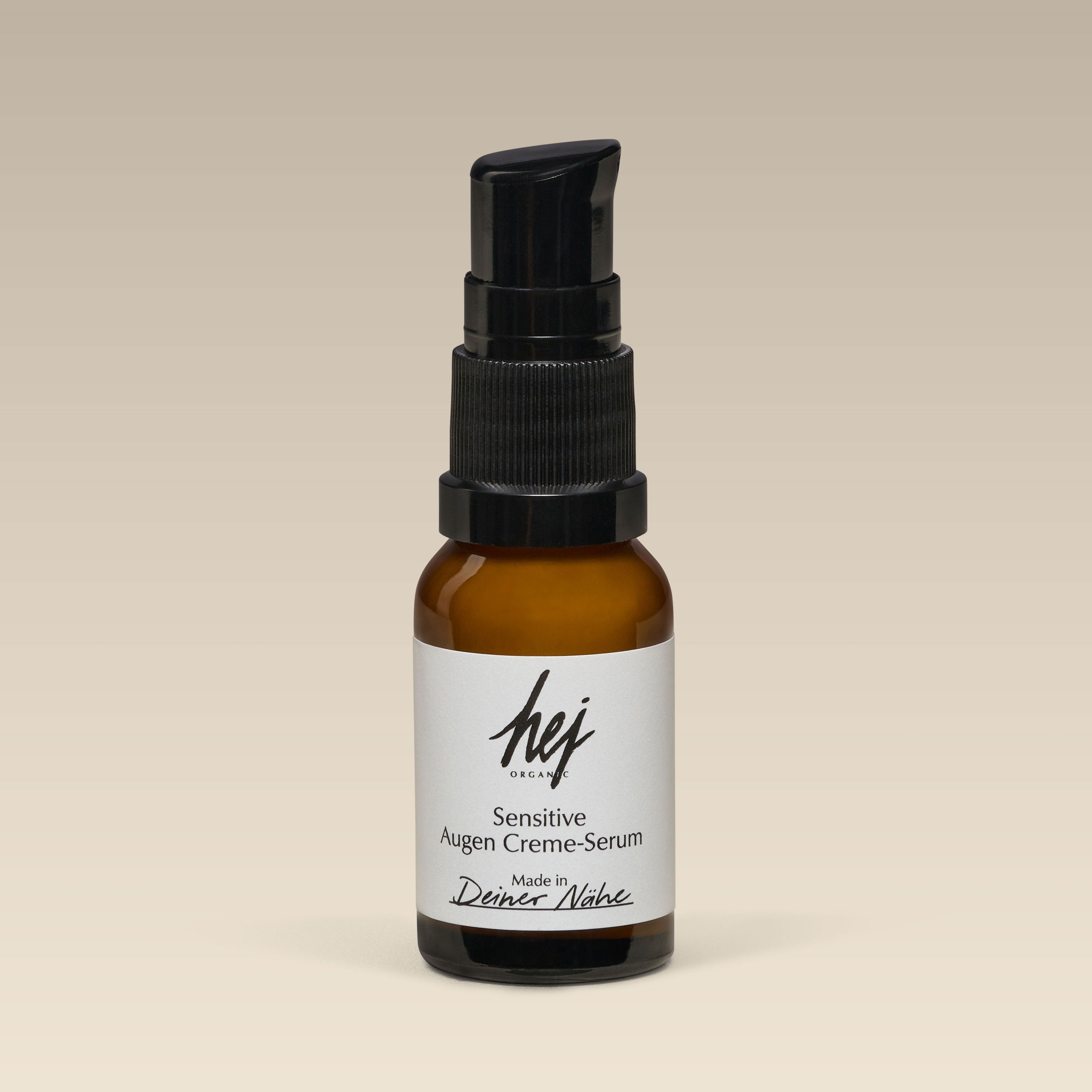
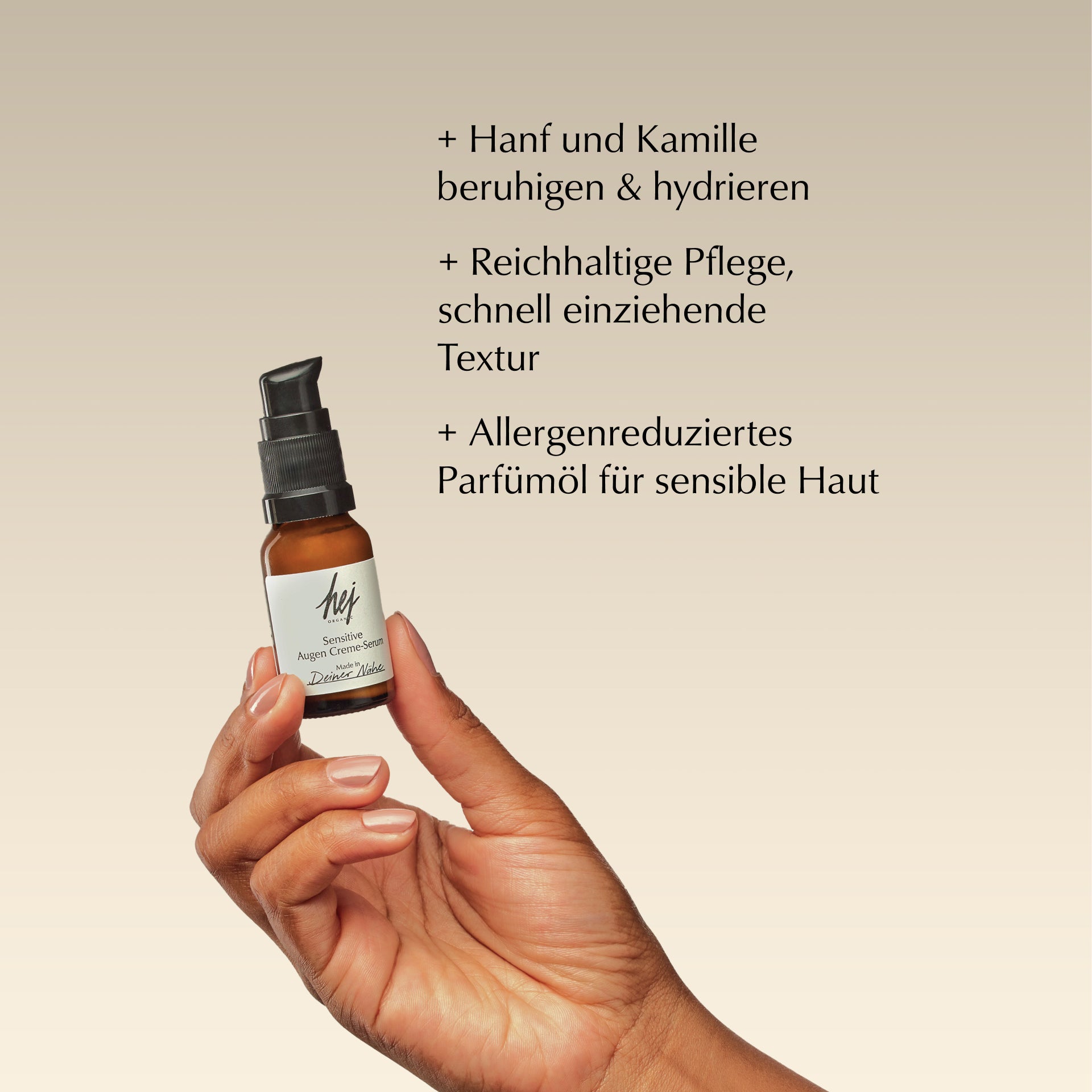
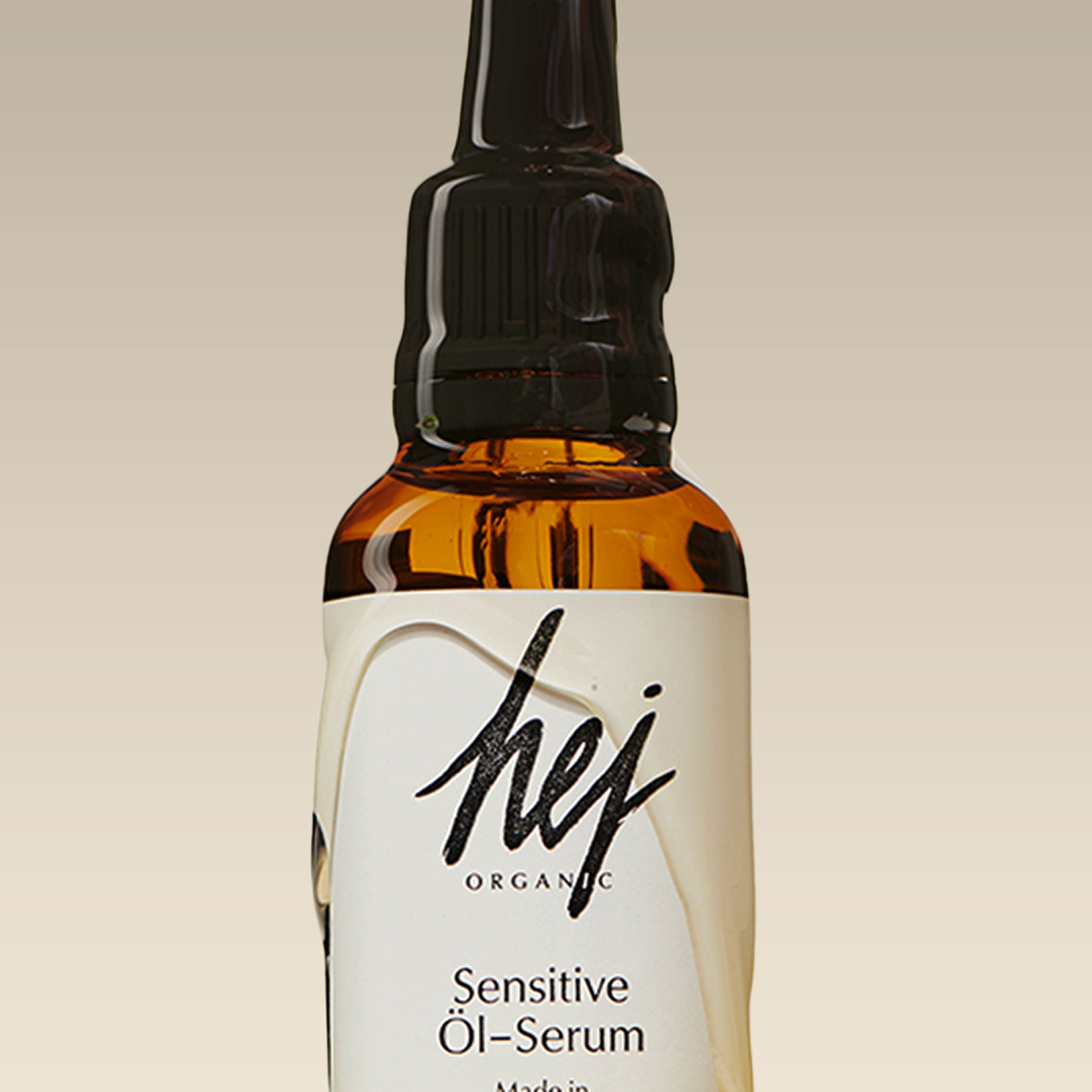

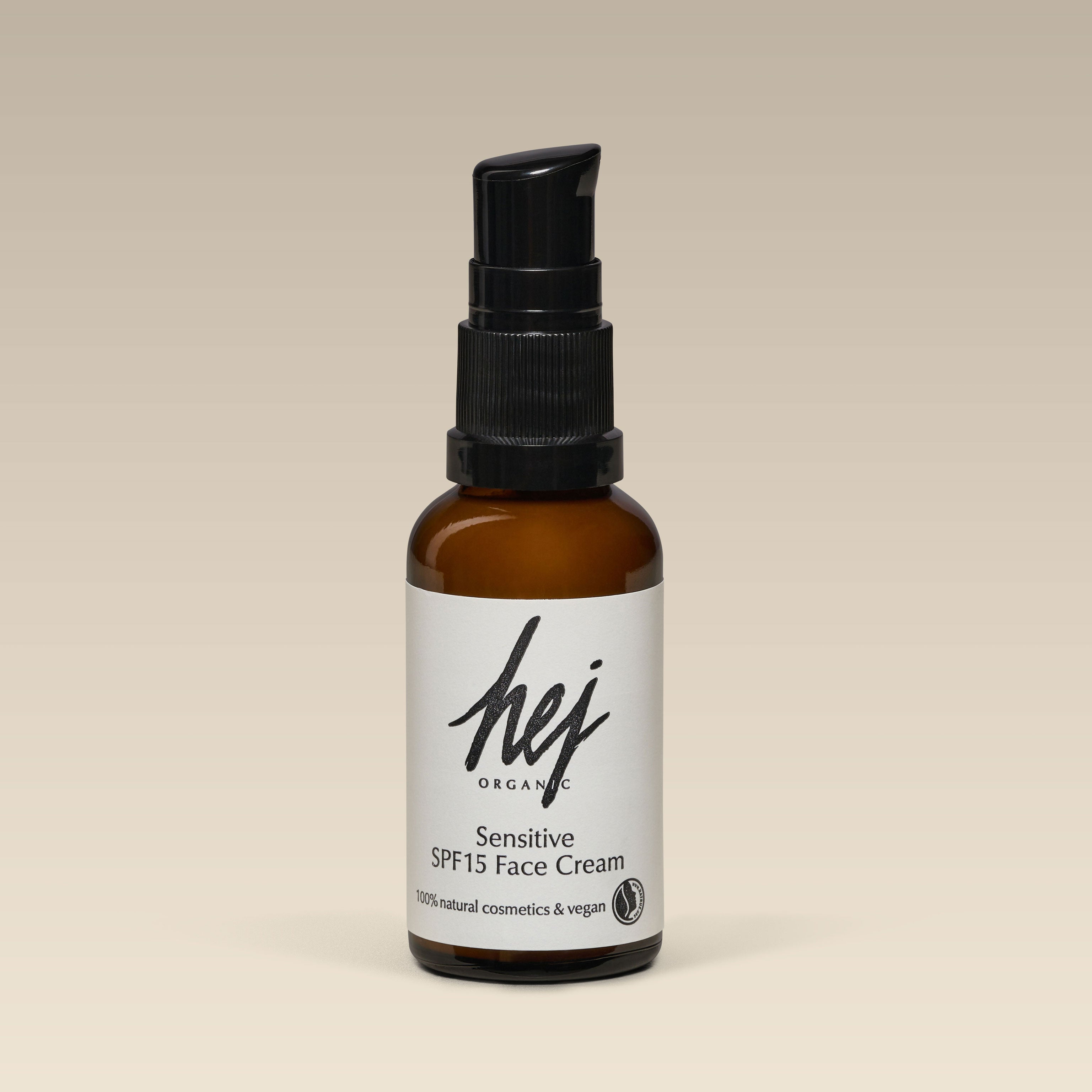
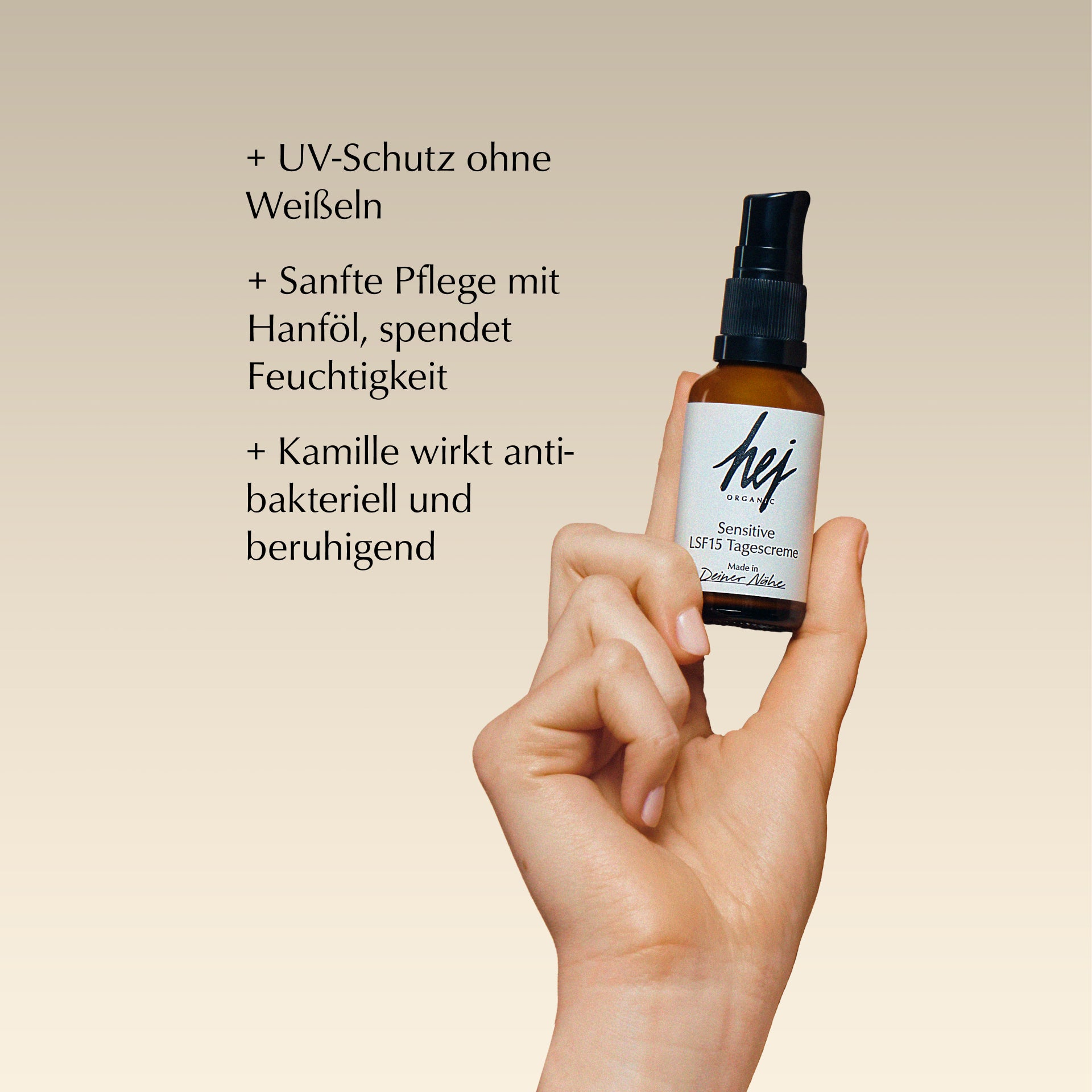
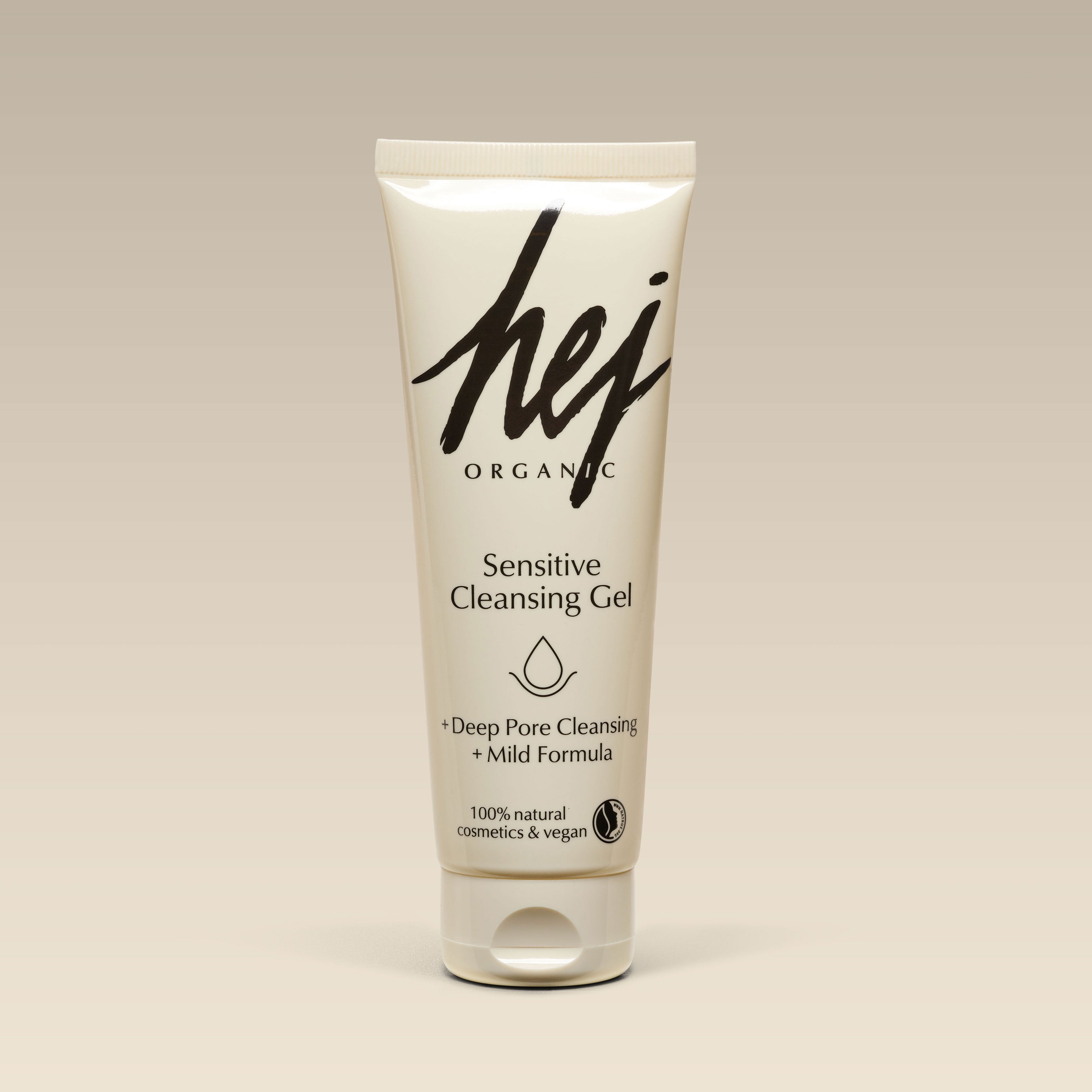

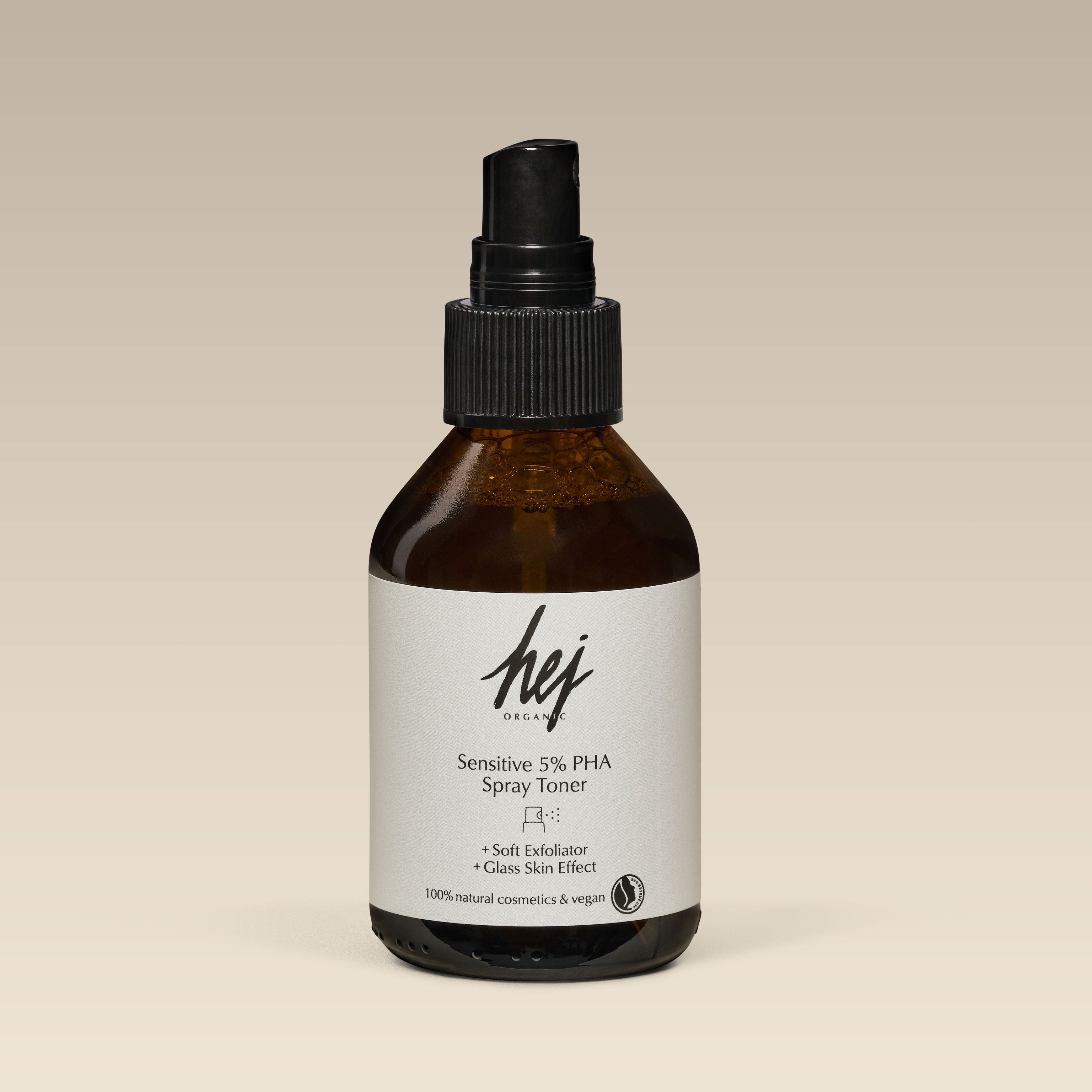
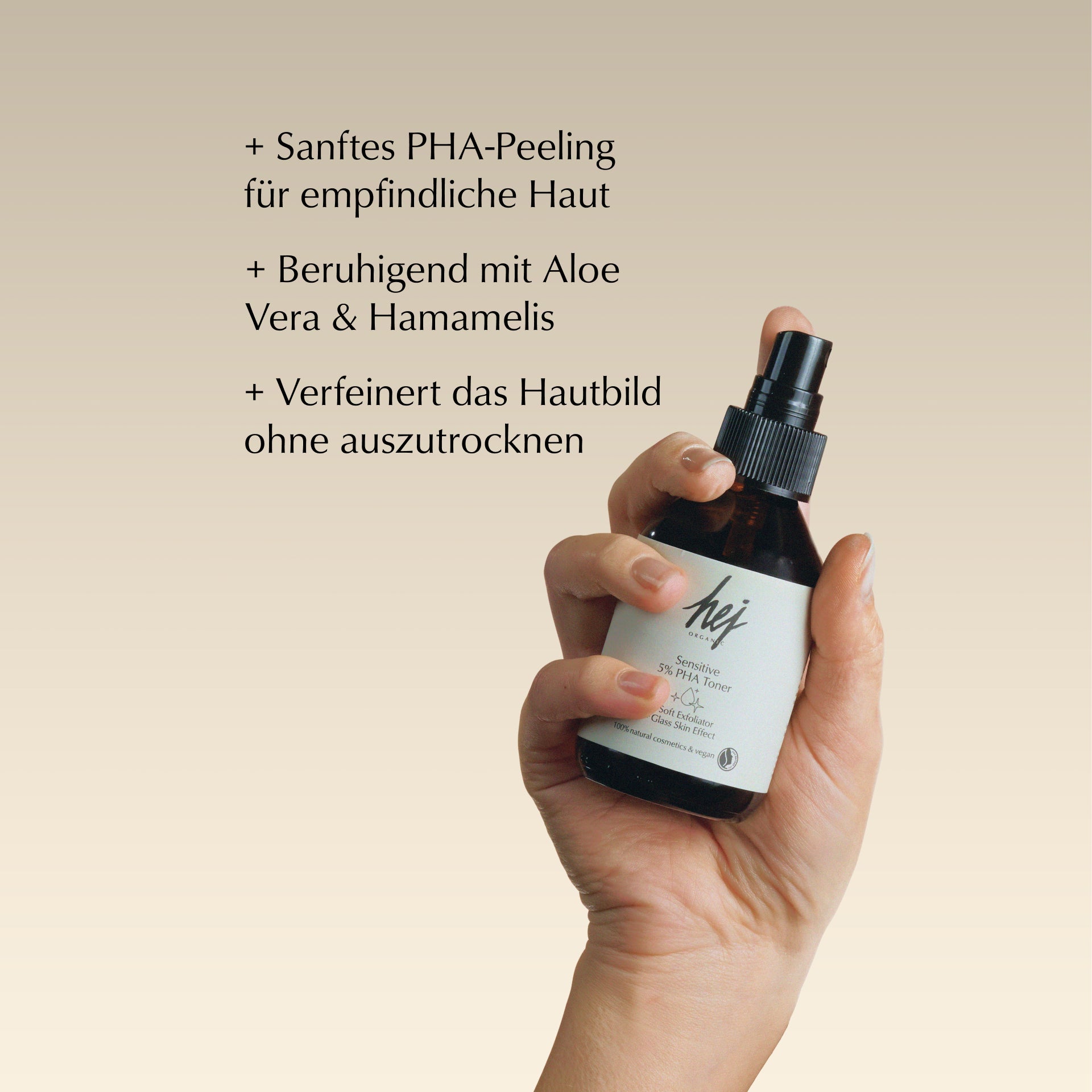
Leave a comment
This site is protected by hCaptcha and the hCaptcha Privacy Policy and Terms of Service apply.